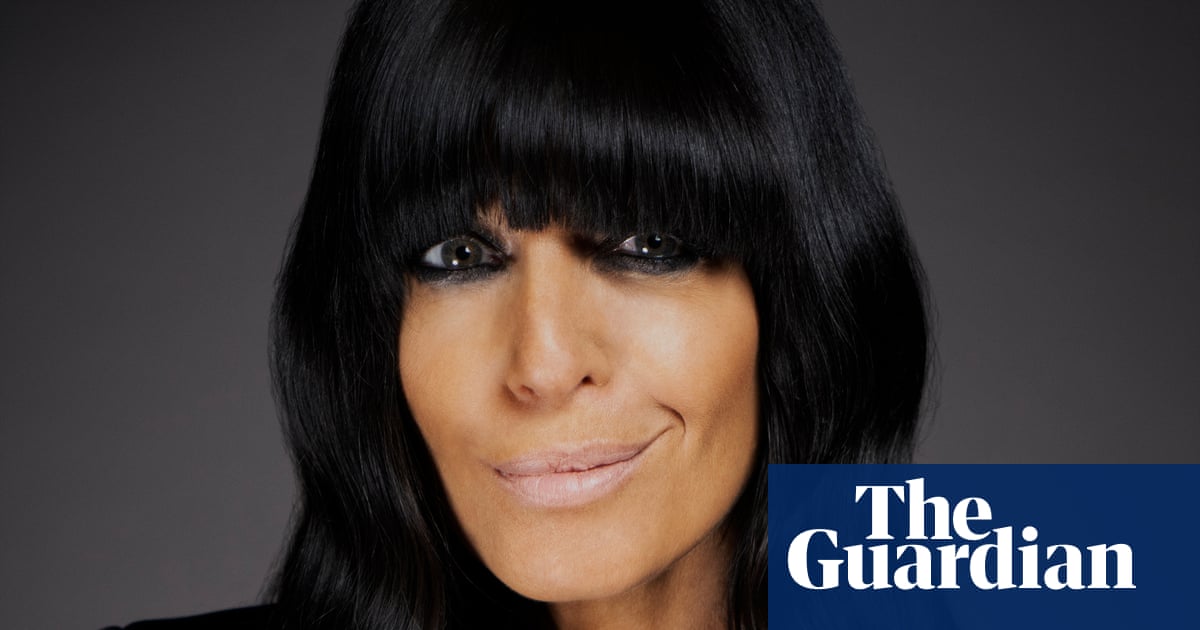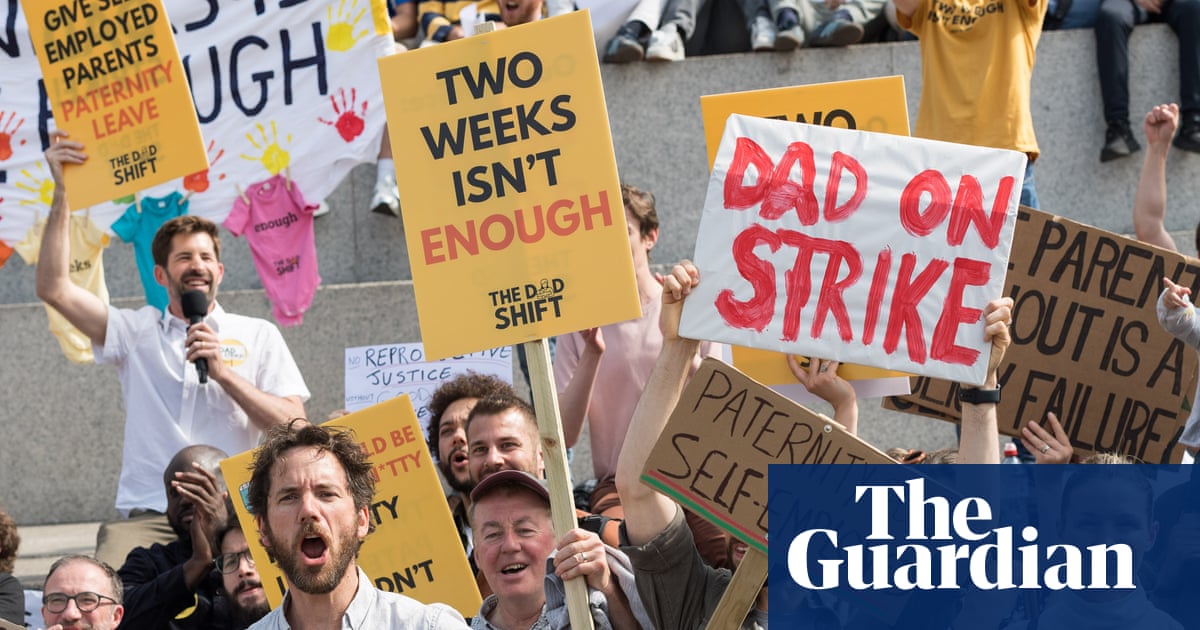The Top 10 of today’s Spotify Global Top 50 looks like business as usual: two Taylor Swift songs; Lady Gaga and Bruno Mars’ Die With a Smile hanging around for an eighth month; the eminently normal male pop stars Sombr and Alex Warren doing brisk business.
But nestled among the crowd-pleasers is something of an outlier: a gothic, baroque assault powered by Vivaldi-style strings and operatic singing in German and Spanish.
Berghain is the lead single from Catalan pop star Rosalía’s fourth album, Lux, a monumental orchestral feat that has confounded critics and fans alike.
It features the London Symphony Orchestra (LSO), a Catalan choir, Björk offering “divine intervention” and the alternative-rock star Yves Tumor reprising Mike Tyson’s 2002 tirade at opponent Lennox Lewis: “I’ll fuck you ’til you love me.”
Since her breakout album El Mal Querer in 2018, the 33-year-old musician and producer born Rosalía Vila Tobella has made her name on visionary avant garde mutations of the flamenco she studied at a prestigious music school. She has also attracted praise and controversy for exploring Caribbean and Latin sounds on her 2022 album Motomami.
Her new record centres her classical training: the LSO is featured throughout – directed by Daníel Bjarnason – alongside fado and flamenco singers. “It is thrilling to watch this woman grow,” Björk wrote in an approving tweet. “Congratulations to her with this incredible album, switching genre kung-fu style. This concept is fierce!”
With its thunderous strings and Wagnerian vocals, the lead track is in parts more Radio 3 than Spotify hit, but pop fans seem delighted by the star’s return. As one posted on TikTok of the evident heartbreak on Berghain: “I love whatever is wrong with Rosalía, this song is actually INSANE.”
Perhaps predictably, it’s classical music fans who seem more divided. It piqued the attention of Classic FM, which asked on its website: “Why does Rosalía’s song Berghain feature a symphony orchestra and German opera?”
On TikTok, the classical music influencer Daria Challah called it “probably the most important thing that’s happened to classical music this year … Finally an artist has delivered something that will really change the way people see this tradition of music.”
Classical critic Hugh Morris disagreed, calling it “new musical kitsch”. He accused Rosalía of perpetuating the “genrefication” of classical music and using “pre-digested musical gestures as a shortcut to depth or emotional power”. Others have pointed out that despite her technical prowess as a singer, the amplification and effects mean the song cannot be considered opera.
New York City-based opera singer Sarah Khan, who went viral for her traditional operatic rendition of Berghain on TikTok, praised Rosalía’s genre-crossing.
“I immediately heard opera, but she also trained in the vocal art of cante flamenco, and you can tell she’s done a lot of study to perfect this song,” Khan said. She also praised Rosalía for singing in another language.
after newsletter promotion
“German is difficult to sing if it’s not your first language,” she said. “Part of classical opera training is learning how to manoeuvre your resonance and your tone through languages that you’re not familiar with. She did it really beautifully.”
Khan, 26, also said she connected with the rare, distinctly feminine perspective of the song – about being overwhelmed by a male partner’s fear and anger, and dissolving like “a sugar cube” – in comparison with the male perspective of most operas.
In most male-written librettos, she said, “there’s a hero, a direct peak and climax. But in this storyline, you can tell she’s wrestling with her broken heart as the music gets louder and softer. It’s not like she breaks through and then doesn’t have a broken heart any more; she’s going in and out of it. That pulls the storyline to a very feminine, human place.”
For Khan, whether or not Berghain technically constitutes opera is immaterial. “The way that opera connects with a person is very subjective, which I think is beautiful,” she said. “Having opera come to the mainstream inspires more people to sing it, maybe to learn it and appreciate it and to want to go and see an opera.
“As Rosalía said this week, it might not be what people technically like or want, but it’s what they need,” she added. “It may not be a person’s first interest, but eventually they might say, ‘I need opera and classical music in my life,’ and I only see that as a positive thing.”

 1 month ago
66
1 month ago
66

















































